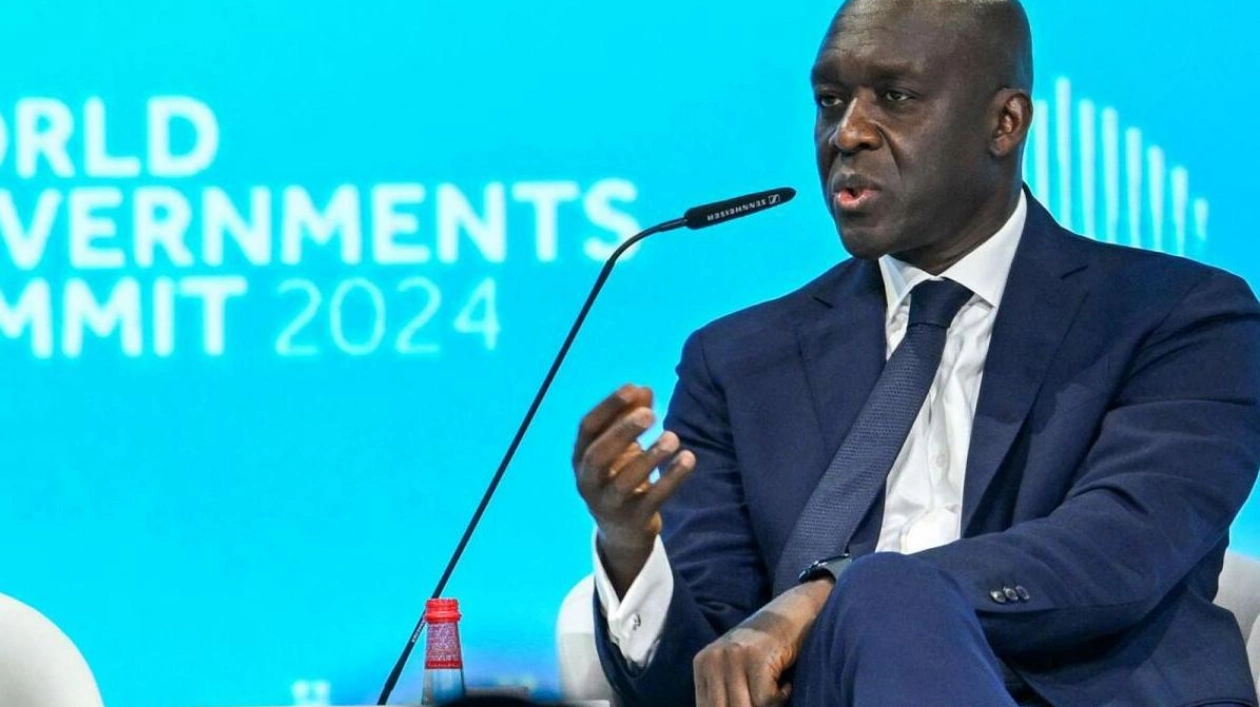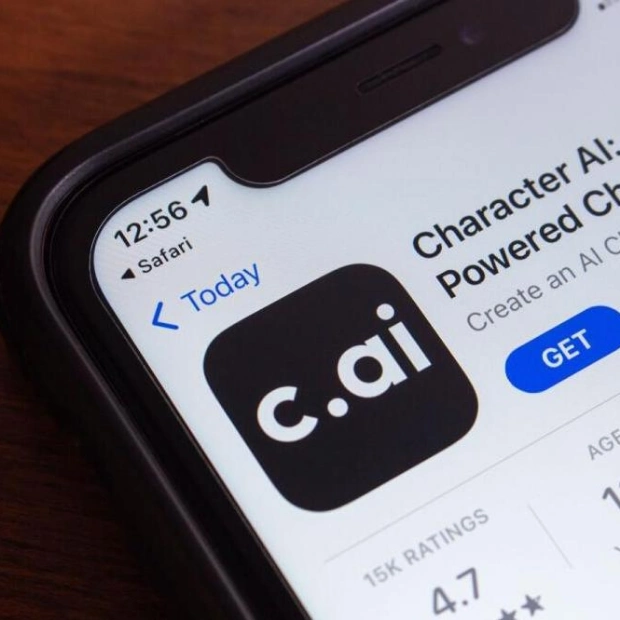Investments from the World Bank’s private investment arm reached a record $56 billion in its financial year ending in June, according to the lender’s managing director, who spoke to Reuters. The International Finance Corporation (IFC) commitments, which encompass both short- and long-term financing as well as mobilised funding, saw a 28 percent year-on-year increase, as disclosed by managing director Makhtar Diop. This surge was primarily fueled by internal reforms initiated under World Bank President Ajay Banga’s strategy to accelerate lending across the group, which includes the IFC, whose investments aim to foster growth and alleviate poverty in developing nations.
“We have been undergoing a process of reevaluating what we can do differently,” Diop stated, noting that in addition to streamlining processes, the IFC had also decentralized decision-making, enabling local directors to take greater responsibility for fund allocation in their respective regions. Looking forward to the financial year ending in June 2025, Diop anticipates another rise, targeting $62 billion, with a focus on broader infrastructure, particularly roads and transportation, and collaborations with sub-sovereign entities like municipalities.
“Municipalities often lack the expertise to structure deals and manage public private partnerships,” Diop explained. “By working closely with them to develop a robust pipeline of PPPs and assist in delivering essential services such as schools and healthcare, we can help create greener cities, thereby unlocking significant investment opportunities.” Diop also expressed a desire to increase equity investments, moving away from traditional loans and bonds, potentially even as a cornerstone investor to support companies in going public on their domestic stock markets. However, this shift would need careful consideration of its impact on the IFC’s coveted AAA rating, given the higher risk associated with equity investments compared to debt.
“One of our goals in the equity sector is to invest in companies, acquire equity, and prepare them for listing, allowing us to exit once they are publicly traded,” Diop concluded.






